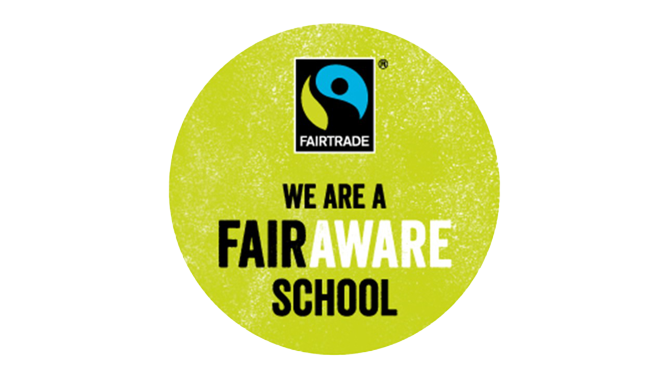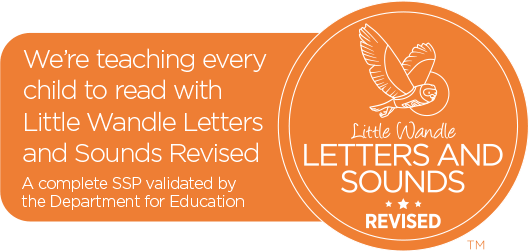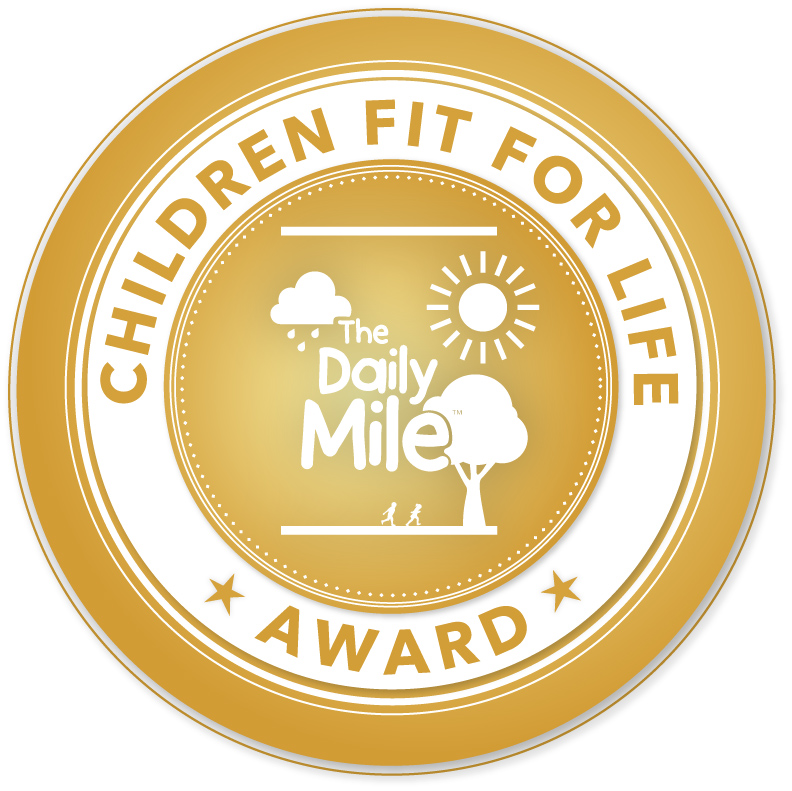Mathematics
Intent
We aim to see…
At Cradle Hill we have a teaching for mastery approach to Maths, this means that all children are taught through whole-class interactive teaching, where the focus is on all pupils working together on the same lesson content at the same time.
We have a growth mindset towards maths and believe everyone is capable of learning mathematics and see making mistakes as an opportunity to learn.
We aim for our classrooms to be full of opportunities for rich discussion, where pupils collaborate and learn with, and from, each other.
We aim for our children to;
- Enjoy maths
- Use maths in a variety of different contexts and apply it to real life situations and problems.
- Reason about what is already known in order to work out what is unknown.
- Make connections within the mathematical curriculum.
- Become fluent mathematicians who are able to work accurately and flexibly.
- Seek solutions and explore patterns, not just memorise procedures and methods.
Implementation
We will achieve our aims by…
We use a mastery approach to learning, underpinned by the 5 big ideas – coherence, representation and structure, mathematical thinking, fluency and variation.
We have a culture of high expectations of our pupils and strive to make the mathematics curriculum engaging and accessible to all.
We recognise that all children need a deep understanding of the mathematics they are learning in order that future learning is built upon firm foundations.
We ensure small steps in progression and careful lesson design, building on prior knowledge and focusing on one key concept at a time. This is supported by our Power Maths scheme of learning.
Children are immersed within a mathematical rich learning environment, which provides them with the appropriate scaffolding needed to work towards independence.
We emphasise the importance of known facts and strategies in order to avoid cognitive overload
We use same day ‘catch up’ intervention sessions and additional practise to try and prevent children falling behind.
We teach whole class and use mixed ability pairings and flexible grouping, adapting to the needs of the pupils.
We allow children time to explore and discuss how they solved a problem or calculation, comparing and evaluating their approaches.
We understand the importance of the CPA approach (concrete, pictorial, abstract) and how it supports children to understand the structure of the maths being taught.
Staff access high quality and regular CPD opportunities.
Impact
How we will know we achieved our aims…
Our pupils will leave us as passionate mathematicians with sound mathematical skills, which will enable them to realise their potential and achieve their dreams wherever they live and whatever their background.
Pupil voice shows that children enjoy their maths learning and are confident and able to talk about what they have learnt using subject specific vocabulary. Children's work demonstrates that the curriculum is taught at an age-appropriate standard across each year group with opportunities planned to challenge and deepen learning so that children remember more, know more and can do more.
Impact is shown through the progress and outcomes of children in national testing (Year Two and Year Six) and summative testing throughout the academic year.
Maths Planning Roadmaps
How we teach Maths at Cradle Hill Primary School
Fluency
In addition to a daily Maths session, classes from Years 1 - 6 also participate in a 15/20 minute fluency session at least 4 x a week.
We are currently part of the Mastering Number Project run by the NCETM. This project aims to secure firm foundations in the development of good number sense for all children from Reception through to Year 1 and Year 2. Click here for more information about this exciting project.
To help our children in the development of their mathematic fluency in KS2, our school is committed to delivering sessions from the No Nonsense Number Facts. This focuses on using understanding of mathematical relationships and making connections between what is known and unknown, putting reasoning at the heart of teaching for fluency.
We recognise that ensuring children have a secure knowledge of number facts allows them to access the wider curriculum. In Year One and Two, we run addition fact interventions for children with gaps in their knowledge to ensure all children leave KS1 with a firm grasp of these addition facts. Please click here to see our table of facts.
In KS2, children take part in our daily 'Times Table Challenge'. Each day, children have 2 minutes to quiz themselves on their current times table. The class then chant the times tables and mark their answers, plotting their results on their progress graphs.
As a school, we subscribe to Times Table Rockstars, Numbots and Doodle maths because the skills developed through them are fundamental to future maths learning. Children are encouraged to access these platforms at home. Please ask your child's teacher if you are unsure of your log in.
Policies
- Maths KS1 Calculation Policy
- Maths LKS2 Calculation Policy
- Maths Policy 2025
- Maths UKS2 Calculation Policy










